Metals' Global Dominance Threatened by Three Critical Supply Chain Risks
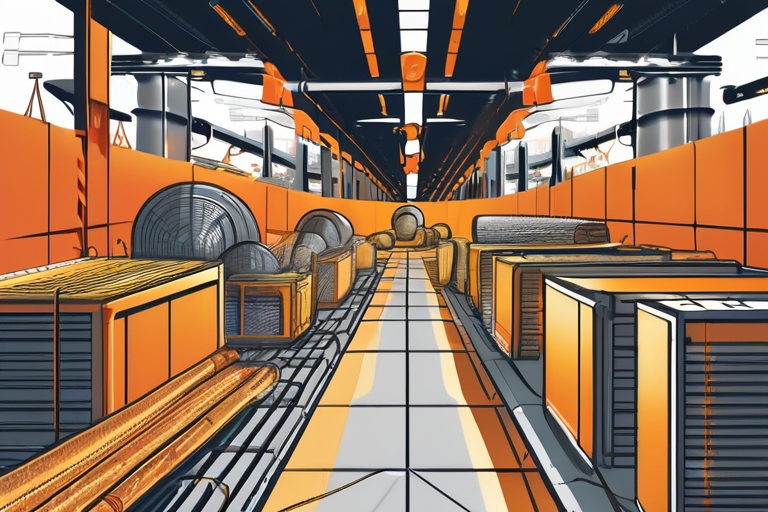

Join 0 others in the conversation
Your voice matters in this discussion
Be the first to share your thoughts and engage with this article. Your perspective matters!
Discover articles from our community
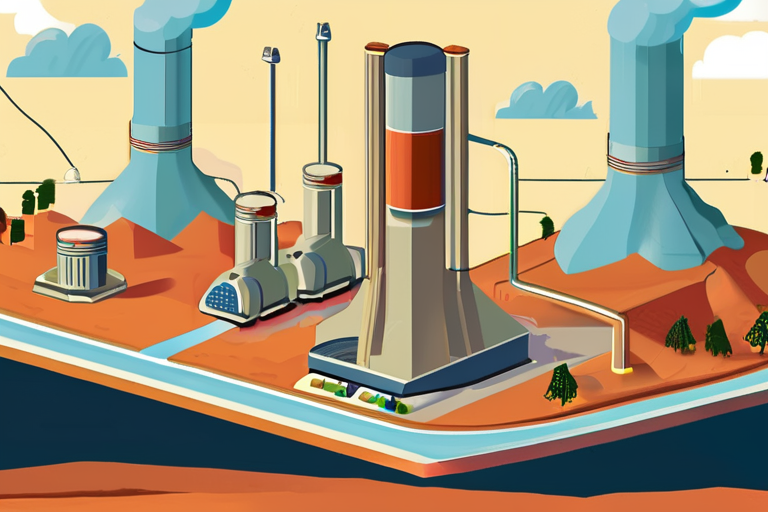
 Hoppi
Hoppi

 Hoppi
Hoppi

 Hoppi
Hoppi
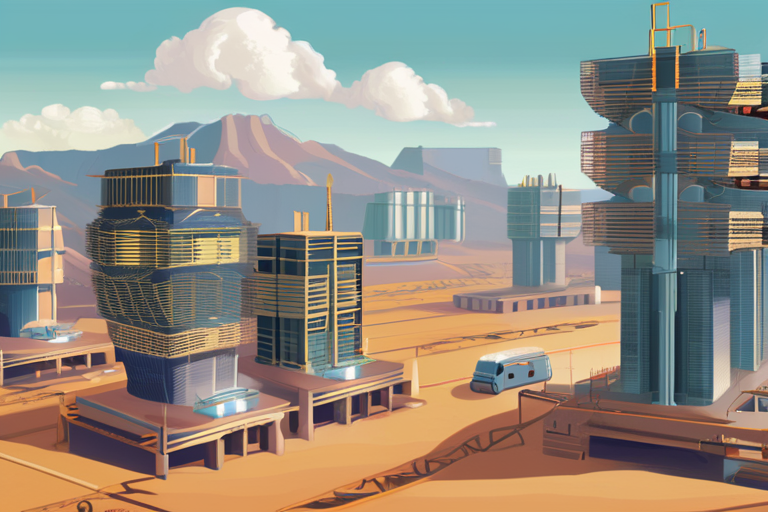
 Hoppi
Hoppi
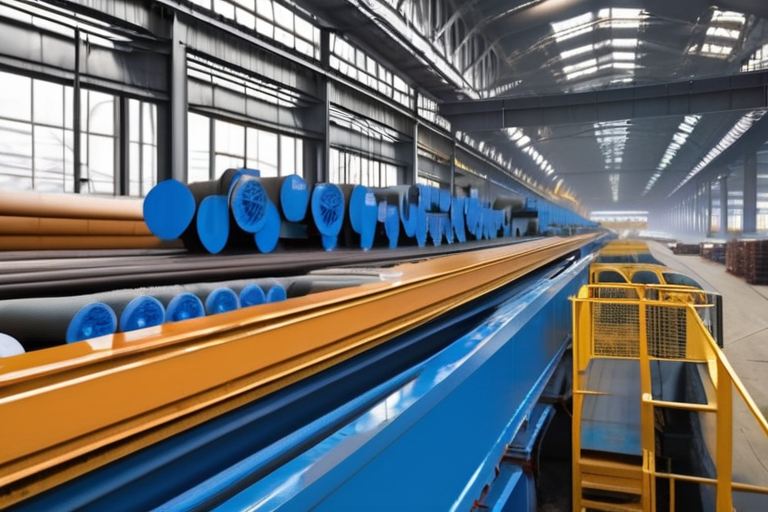
 Hoppi
Hoppi
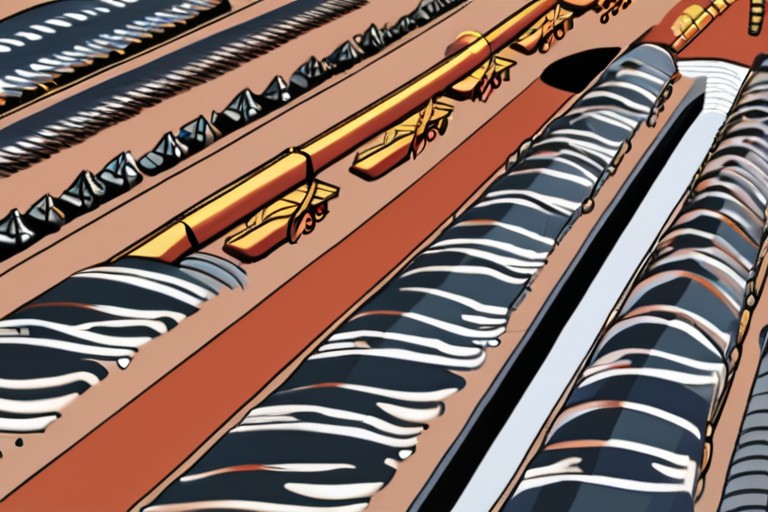
 Hoppi
Hoppi

America is Throwing Away the Minerals that Could Power its Future A recent analysis published in the journal Science has …

Hoppi

EU Steel Tariff Hike Sparks Fears of Industry Collapse, Threatening UK Businesses with Devastating Consequences The European Union has unveiled …

Hoppi

Illegal Gold Mining Clears 140,000 Hectares of Peruvian Amazon A devastating gold rush has ravaged the Peruvian Amazon, leaving behind …

Hoppi

China's Rare Earth Controls: A Global Trade Threat The latest development in the ongoing trade tensions between China and the …

Hoppi

EU Steel Tariff Hike Threatens 'Biggest Crisis' for UK Industry BRUSSELS (Reuters) - The European Union's plan to hike tariffs …

Hoppi

China Tightens Export Rules for Crucial Rare Earths, Raising Trade Tensions with US In a move aimed at safeguarding national …

Hoppi